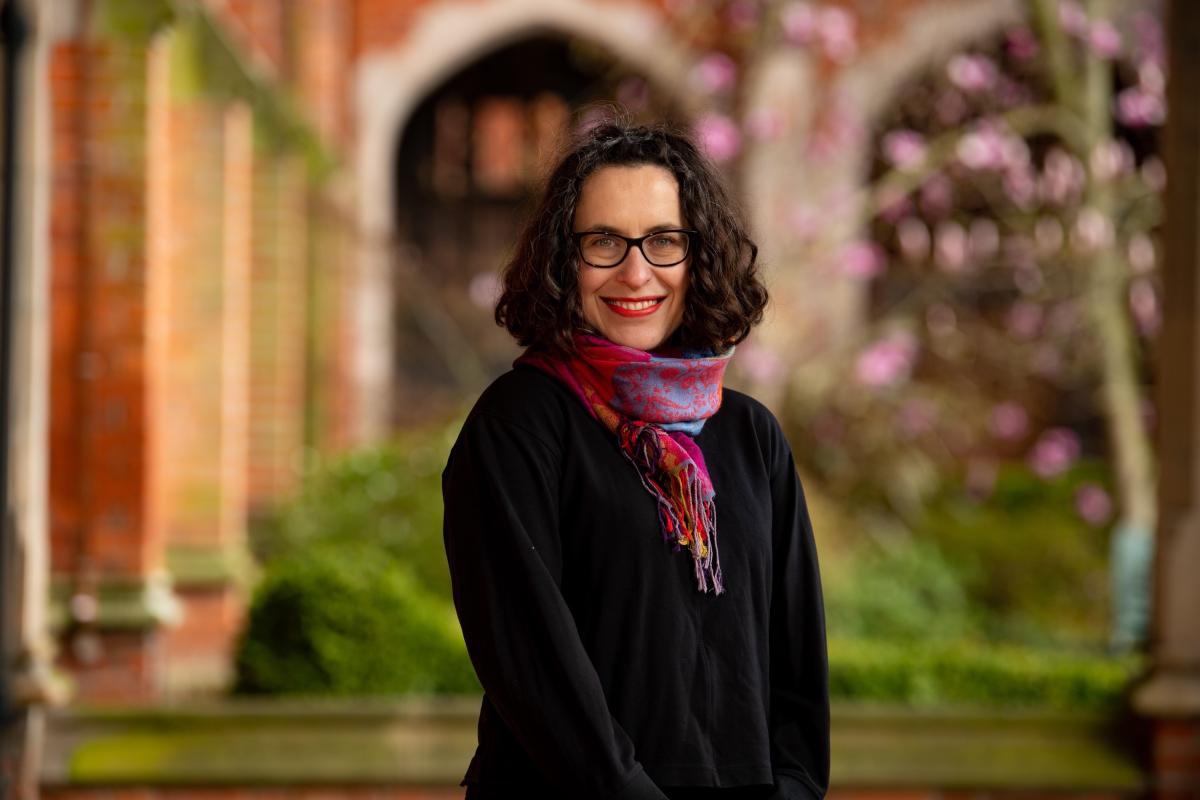
Pozen Visiting Professor Louise Mallinder will discuss her ongoing research into the question of whether a norm has evolved in international law to prohibit the use of amnesties for genocide, war crimes, crimes against humanity, and other serious human rights violations.
REGISTER
This research responds to conflicting views on the legality of amnesties expressed by international judges. Is there an international norm prohibiting amnesties for international crimes and serious human rights violations? If so, is it an emerging norm or has it become a crystallized legal norm with binding effects? And what are the contents of this norm? Does it forbid the use of any form of amnesty for serious violations irrespective of context or does it have exceptions that allow for amnesty provided certain conditions are met?
The salience of these questions from a legal perspective is evident if we consider that in 2004 the Special Court of Sierra Leone proclaimed that there was "crystallizing international norm" to prohibit states from enacting amnesties for serious crimes such as genocide, war crimes, and crimes against humanity. This language suggests the Court’s perception that the international law on amnesties was changing and indicates the Court’s preferred outcome. However, in 2020 the Appeals Chamber of the International Criminal Court argued that "international law is still in the developmental stage on the question of acceptability of amnesties," suggesting that the Special Court of Sierra Leone’s anticipated future for amnesties has not yet definitively come to pass.
In this lecture, Professor Mallinder will probe the ongoing uncertainty about the status of amnesties. She will explore how modern approaches to international law, which downplay the role of states in creating international law, have predominated in judgments and expert analysis that assert the norm prohibiting amnesties. She will use the innovative Amnesties, Conflict, and Peace Agreement database, together with other original data analysis, to interrogate whether traditional methods of interpreting international law, which place greater weight on state practice, give us different answers on the legal status of amnesties. This will include considering how states have promoted and complied with the anti-amnesty prohibition and censured breaches of this norm by other states.
REGISTER
Louise Mallinder, the Spring 2024 Pozen Visiting Professor, is Professor of Law at Queen's University Belfast (QUB) and the Deputy Director in the Senator George J. Mitchell Institute for Global Peace, Security and Justice. Her research interests relate to the intersections of law and peace. She is a longstanding and internationally recognized expert on amnesty laws, on which she has written extensively, and she created the Amnesties, Conflict, and Peace Database. For many years she worked on dealing with the past in Northern Ireland with colleagues from the Committee on the Administration of Justice and QUB School of Law. Read more about Mallinder's arrival at the Pozen Center.
The University of Chicago Law School
